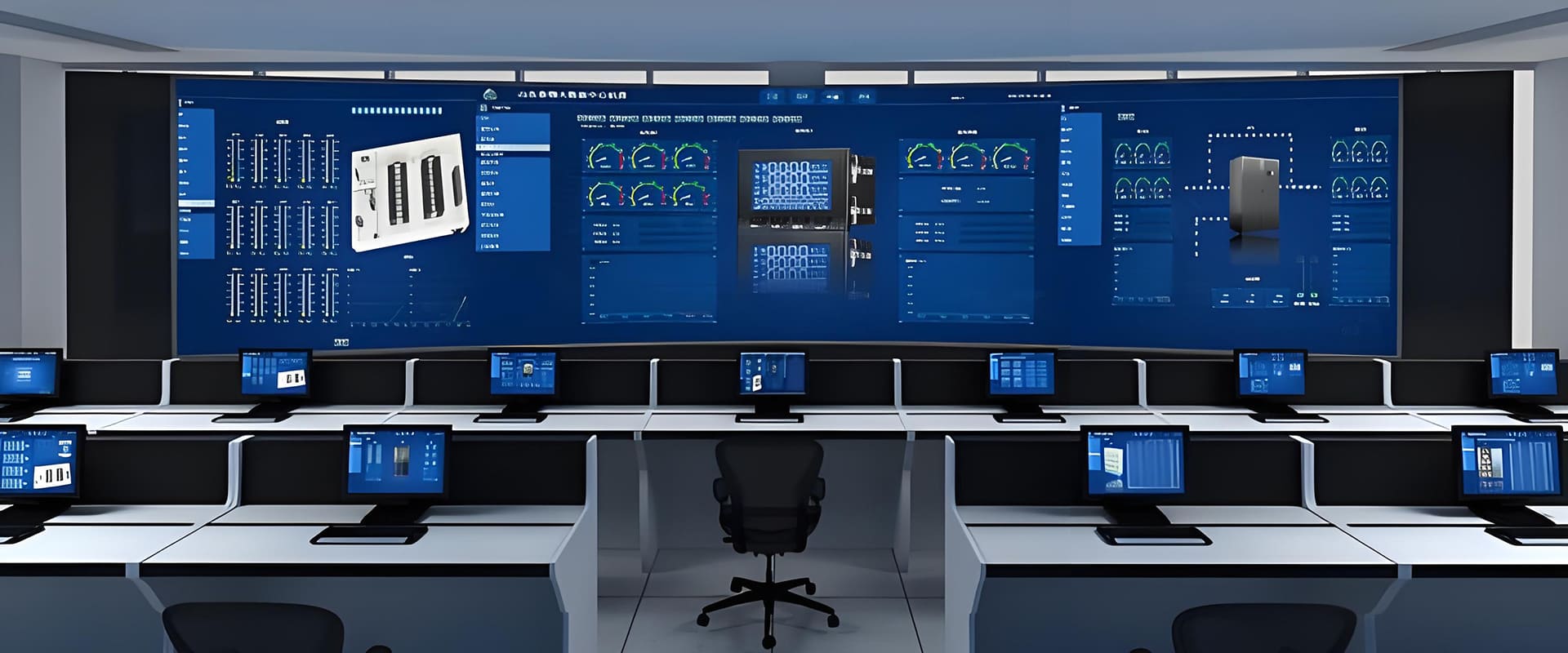What Are You Looking For?
As enterprises increasingly adopt hybrid digital infrastructure—comprising both on-premises and cloud-based systems—managing complexity has become a significant challenge. Advanced Data Center Infrastructure Management (DCIM) tools are no longer limited to overseeing physical data centers but now play a crucial role in managing these diverse and distributed environments. In the future, even proprietary customer systems will need to integrate detailed insights from data centers to ensure seamless, end-to-end operations.

Traditionally, DCIM software was designed for on-premises deployment. Just five years ago, transferring and storing mission-critical business data in the cloud seemed unthinkable. However, today, cloud-based DCIM solutions are becoming essential for hybrid infrastructure management. By leveraging Software-as-a-Service (SaaS) models or Data Center Infrastructure Management as a Service (DCIMaaS), enterprises gain higher efficiency, accuracy, and accessibility in data center operations. Compared to traditional on-premise solutions, the SaaS model offers greater flexibility, providing a holistic view of IT and communication assets while simultaneously reducing costs.
The shift toward digitalization has had a profound impact on IT processes and foundational technology infrastructures. Enterprise system environments are inherently heterogeneous, comprising both physical and virtual components. Many businesses operate on a mix of legacy systems and modern technologies, often developing proprietary applications for critical business functions. Additionally, outsourcing IT resources to cloud platforms results in hybrid infrastructures that are complex, opaque, and difficult to manage.
One of the primary challenges in managing IT infrastructure is the existence of data silos. Information is often stored in disparate, unstructured formats across multiple repositories with varying hierarchies, making it difficult to locate, identify, and integrate information into a unified data model. This fragmentation can lead to inconsistencies in datasets, regulatory compliance challenges—especially concerning regulations like GDPR—and increased operational inefficiencies. Organizations must also manage cost reduction pressures while optimizing process efficiency.
Hybrid environments further complicate data center facility management. Beyond overseeing servers, storage, and network resources, IT managers must also optimize power and cooling infrastructure to ensure maximum efficiency. A lack of visibility into energy consumption and operational workflows often leads to concerns about sustainability and resource allocation. Without reliable, real-time data on power usage, it becomes difficult to identify potential energy savings. Similarly, cooling system utilization is frequently overlooked, resulting in suboptimal airflow management and reduced overall efficiency.
Coolnet’s DCIM solution provides a comprehensive platform to monitor, analyze, and optimize hybrid data center operations. Key features include:
End-to-End Visibility: A unified dashboard consolidates real-time data from on-premise and cloud-based assets, improving decision-making and performance monitoring.
Power and Cooling Optimization: By analyzing energy consumption patterns and cooling efficiency, organizations can implement targeted cost-saving measures.
Intelligent Asset Management: Automated asset tracking ensures effective resource utilization and minimizes the risk of underused or overburdened systems.
Compliance and Risk Mitigation: Structured data management enhances regulatory compliance, reducing the risks associated with fragmented datasets.
Scalable and Flexible Deployment: Whether deployed as an on-premises solution or through a cloud-based DCIMaaS model, Coolnet DCIM adapts to evolving enterprise needs.
As IT landscapes continue to evolve, businesses must adopt next-generation DCIM tools that integrate with hybrid environments. The ability to gather, process, and act on real-time data center insights will be a crucial differentiator in achieving efficiency and sustainability. With AI-driven analytics, predictive maintenance, and automated resource allocation, the future of data center management lies in intelligent, proactive solutions.
Coolnet DCIM is at the forefront of this transformation, helping enterprises simplify operations, optimize energy consumption, and ensure seamless hybrid infrastructure performance. By embracing advanced DCIM software, businesses can achieve higher operational resilience, cost savings, and sustainability—critical factors for modern data centers in an increasingly digital world.
Looking to optimize your hybrid infrastructure? Contact Coolnet today to learn how our DCIM solutions can help streamline your data center operations.